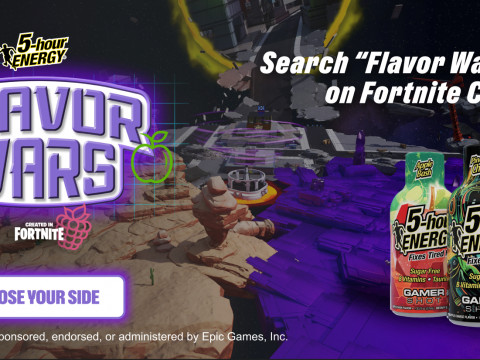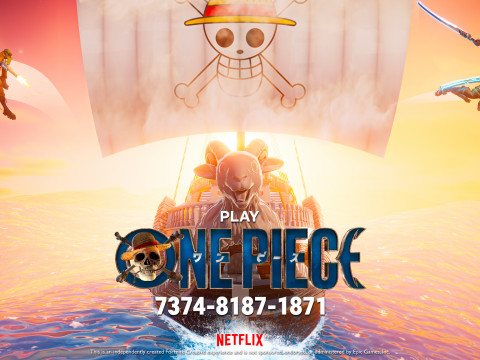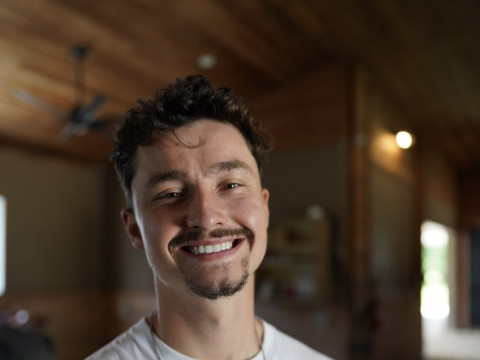
As time goes on, the boundaries of what can be accomplished with livestreaming continue to be pushed. Whether it's programming, history, or political discourse — Twitch streams have become a new resource for people to learn. The rising streamer Frogan wants to do this for public health.
The scientist turned Twitch streamer has been one of the most notable new faces on the Twitch landscape. In her short time streaming, she now commands consistent audiences in the hundreds, and was nominated for The Streamer Awards' Rising Star honor. Inven Global spoke with Frogan, to discuss her time streaming, what she hopes to do with her content, and what changes she'd like to see at Twitch.
Thanks so much for interviewing Frogan! You’ve become one of the most prominent new streamers — to begin, tell me a bit about your streaming journey at this point.
I started streaming when I was in grad school as a way to decompress — this was 2020 to early 2021. As soon as I had to start writing my thesis, I quit streaming since I got too distracted. I was like, "I'm not going to graduate on time if I keep streaming and getting distracted." So I took time off until August 2021, and started streaming games I was playing with friends, like Fortnite and Fall Guys.
I was like, "Might as well stream it while I'm playing with friends." And in September, a clip of mine went viral on LivestreamFail — that's when the initial traction started. My goal for 2021 was to get partnered by the end of the year. And whenever I talked to my friends, they said it really wasn't realistic. But after the LivestreamFail clip, I started getting 75 to 85 average viewers per day.
By November, I applied and was accepted. That was the initial boost for me. HasanAbi raided me that day in celebration of me getting partnered, and ever since then, people have stuck around. I started getting hundreds of viewers.
I was also working full-time while streaming. At that point, I was a public health scientist. I'd work nine-to-five, and then I would start streaming from 9pm until like 3am. I was barely sleeping at the time. And as time went on, it became more sustainable to become a living. Which I never thought it would — it was always a hobby to hang out with my friends and talk to people. And then in March, after the Streamer Awards where I was nominated for Rising Star (I lost) I put my two-week notice in, and I've been a full-time streamer since April 1st.
You don't find too many streamers with a background in public health. What got you into that field? Is it a topic you want to continue having as a core part of your content?
Ever since I was younger and when I was an undergrad, I knew I wanted to help people. I was pre-medicine, and after soul-searching and talking to people, I found out about public health. It combined my passion for politics, medicine, and science all into one. It gave me a way to define how I wanted to help people rather than a simple blanket statement.
Being a public health grad student during the start of COVID was really eye-opening for me, especially with the lack of health communication and accurate information around the world. Especially in the United States.
Something that I did a lot when I started streaming (and still do sometimes) — I want to be the bridge for people between public health information that's accurate and understandable, as well as entertaining and fun. Because with scientific research and data, whenever the general public looks at it, it's very confusing and boring to some. But I want people to be educated on what's going on around the world.
Not just with COVID — there are so many public health issues. I want people to use my platform to have fun with reacts, but also learn about what's going on in the world. So I feel like Twitch gives a different platform for health communication.
Do you feel you've cracked the code in that regard? I imagine it's quite challenging to make such a dense topic enjoyable.
It's a struggle. The way I try to make it interesting whenever I do it is: I try to utilize the gambling feature on Twitch to quiz everybody that was hearing the information that I talked about to get them Channel Points. Because [laughs] they love the gambling.

I've also been trying to read literature on interesting ways to present information to people, but it's really hard. There's like nothing out there [laughs]. I've been trying to brainstorm ways — I used to do something called Health Huddles (more frequently in the past), and now that my audience is a lot bigger I'm trying to think of a way to maintain that viewership while also making it interesting. So I've been thinking about that a lot.
In addition to Hasan Piker, who are some of the other creators you look up to regarding creating content?
Lately, I've been loving Ludwig's content — I watch his Mogul Mails. His content is very, very original. His Mogul Mails I use for my pop culture news and all the streaming world news. They're very nice, concise, and interesting. And honestly — this seems like a random one, but MrBeast too [laughs]. I've been loving his content too recently. He cracked the code for content creation.
What are some of the biggest challenges you've faced while growing as a streamer?
With streaming — I guess it's the scientist in me — I'm a very number-obsessed person. I look at trends. And from other creators I've talked to you and interviews I've seen — they suggest turning it off. But I can't. I'm just so number obsessed. And it kind of tears you down if you have a really bad month. The struggle initially I had was coming up with ideas — keeping people here. But I feel now that I have full attention on streaming, rather than spreading myself in between research and streaming, my numbers have grown since then. Because I'm putting my all into it. So I guess for me, it's been the time commitment at first (since I was working two jobs), and then being number-obsessed.
You’ve found the majority of your success in Just Chatting — what would you say is necessary in order to be successful with a Just Chatting stream? What do you try to keep in mind?
My first thing is consistency. People need to expect you. Most days at the same time, people look for that consistency. When they're on at that time, they'll be like, "Oh, Frogan's live. Avghans is live. Carter is live." They'll know you're there. Another thing a lot of people don't really do is treat your audience — whether it's one viewer or one-thousand viewers — the same.
Don't change yourself based on how many people are there. Talk to your community. Honestly, that's the number one: community. Your community and your chat are the most important thing. I love my chat, my community, and I would be nothing without them. I love talking to them, too. And I feel like a lot of people once they're bigger sometimes get to the point where reading chat is unmanageable. But as long as you possibly can, that should be one of a streamers' main focus: community.
How is your approach to communicating and engaging with your community a bit different from some of the other streamers that are around your size?
I respond to almost everything in chat — literally almost every single thing. I read really, really fast, so I respond to like literally almost everything.
What do you envision for the future of your content? What’re some things you’d like to do in the future that you’re not doing right now?
As we were talking about earlier, I would love to expand more on public health education. Right now, I'm working on hooking people onto me as a person, where they'll stick around. Some people have those really dedicated communities that will stick around no matter what, like, "Oh, she's not doing reacts, but I'll stay and watch her."
I'm trying to hook them on me first, and I'm going to go more into public health once I figure out what I want to do to make it more interesting — to get more information out there. Also, I feel like representation is very important. I believe currently, I'm literally the biggest hijabi streamer on Twitch.
After the Streamer Awards, I got so many DMs from other Muslim girls and guys saying how cool it was that I was there, and how they didn't think they would see someone like us there. So I want to be a face and representation for others — so they don't feel like they don't belong in the gaming and streaming industries.
You've been someone very outspoken about your opinions of how Twitch can improve. At the moment, what are some improvements you'd like to see from the platform?
More representation. One thing I talked about on Twitter before was there's a Partner survey and there's no Arab option on the demographic survey for Partners. More inclusion within the diversity realm would be important — especially looking at it from the scientists' perspective — I was a researcher for five years before this — I feel like that data would be important.
That's one critique I have: working more on uplifting minority communities. Because representation does matter — people want to feel seen and heard. And there are some things that companies do (including unfortunately Twitch in this instance) where people felt disregarded.
And also discoverability for smaller streamers — they need to work on that. Because unfortunately, within the industry and everything in life, it's not about what you know or how good your content is. It's about who you know. Amongst all the one-viewer people, there are probably so many good streamers out there. And they just don't have the connections or the means to do so. And I feel like if Twitch worked on something to promote the smaller streamers — people that start from the absolute bottom — then it'd be better for the platform overall.








Sort by:
Comments :0